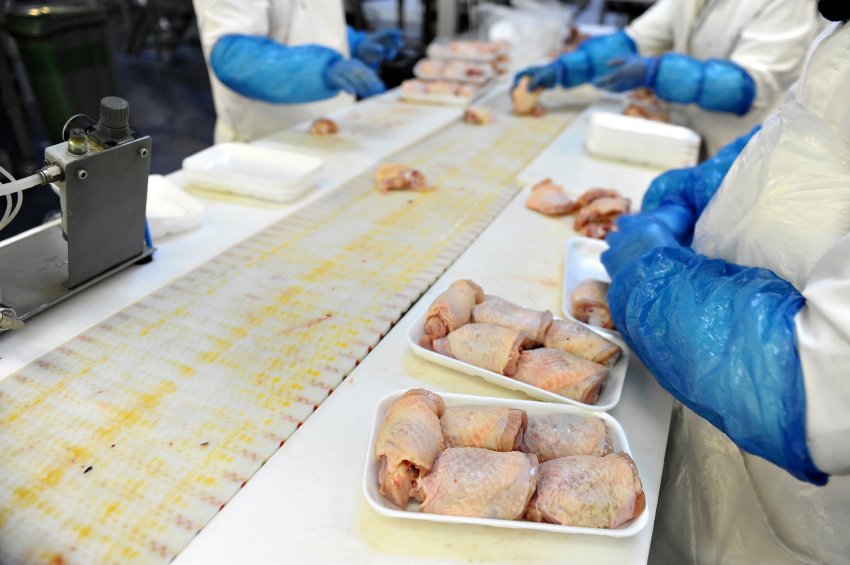Inside BENEO’s new pulse plant: pioneering sustainable protein from faba beans
The European Union (EU) has awarded the international NanoPack consortium €7.7 million to develop a solution for extending food shelf life by using novel antimicrobial surfaces.
The three-year project is aimed at creating food-packaging products with antimicrobial surfaces based upon natural materials. NanoPack will address scientific, technological, economic, safety and regulatory challenges.
NanoPack, which is led by the Technion – Israel Institute of Technology, is funded as part of HORIZON 2020, the EU Framework Programme for Research and Innovation.
“NanoPack will enhance food safety for consumers by significant growth inhibition of food-borne microbes, which in turn will prevent food-borne illness outbreaks and early spoilage,” says Dr. Ester Segal, NanoPack’s coordinator and associate professor at the Technion.
She added that NanoPack hopes to reduce the staggering 1.3 billion tons of food wasted each year, which cause major economic loss and significant harm to the world’s natural resources.
“We intend to present better performing, safer and smarter products that will position Europe as the leader in food nanotechnology and smart antimicrobial packaging while increasing competitiveness and growth,” Segal adds.
The active polymer films developed by NanoPack exhibit broad-spectrum antimicrobial properties unmet by existing state-of-the-art materials, which include currently used nanomaterials such as silver particles that have raised health concerns of toxicity and microbial resistance.
Applying the power of nanotechnology, the project will employ polymer composites based on natural Halloysite Nanotubes (HNTs) as reliable and safe carriers, capable of tailored release of bioactive payloads.
Due to their size, HNTs are unable to migrate from the food packaging into food. Maximizing safety, HNTs in the NanoPack food packaging slowly release minute amounts of potent, volatile, natural and EU-approved essential oils into the packaging headspace. The oils exhibit both antimicrobial and anti-fungal properties and can be tailored to inhibit growth of most food-borne microbes.
The NanoPack consortium is comprised of 18 partner organizations — leading industrial and research institutes from Belgium, Austria, Norway, Spain, Israel, Ireland, Denmark, Portugal, France, Germany and the Netherlands.

